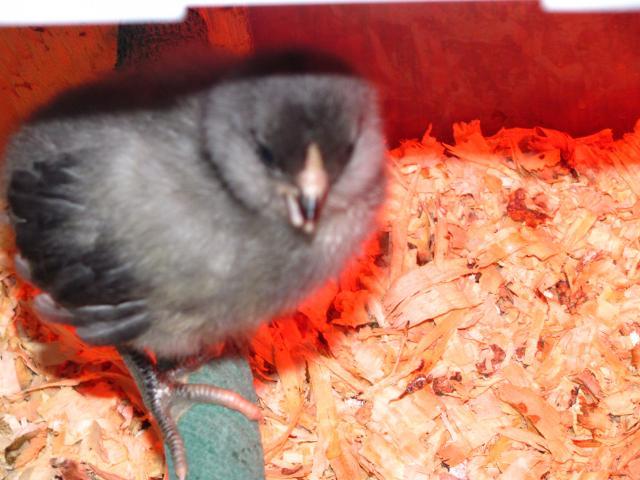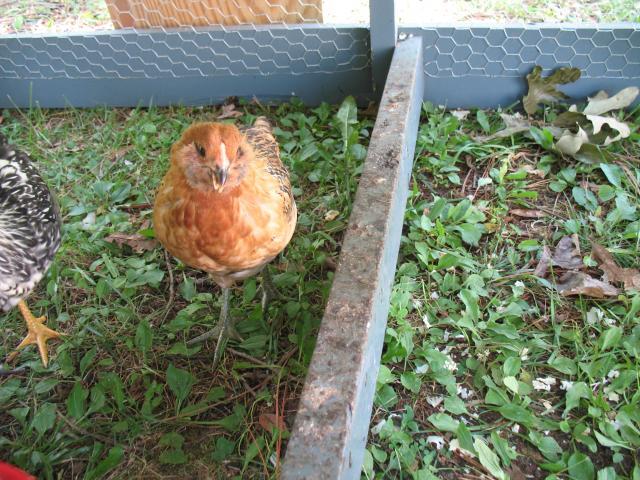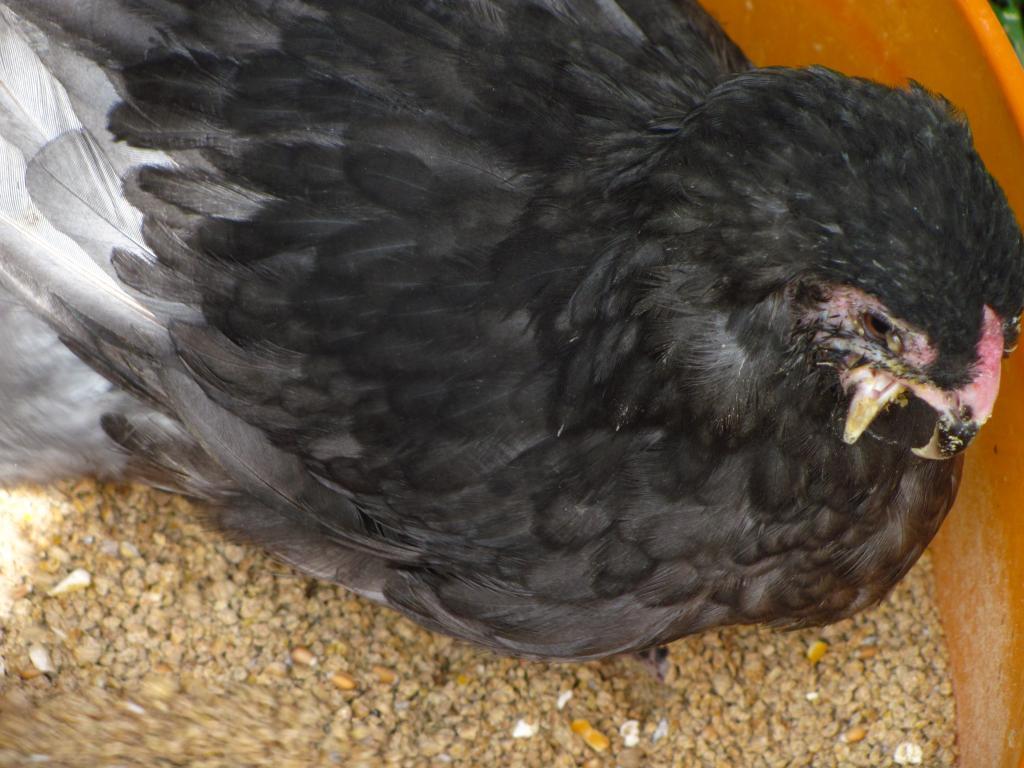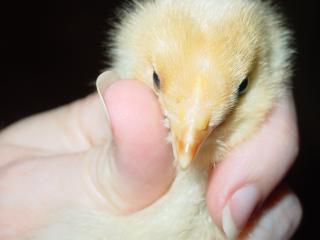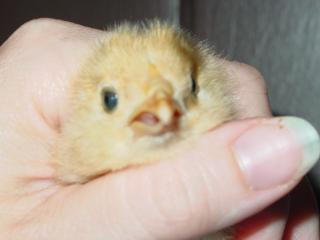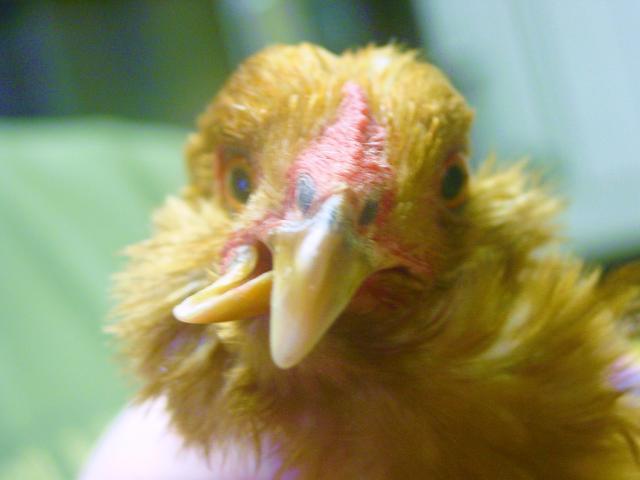I'm glad to see this topic has been so well covered here. I have an 11 day old blue ameraucana chick that has just started developing the problem. Yesterday was the first time I noticed it and it is slightly worse today. I hatched these guys myself from eBay eggs that were shipped to me. I've been getting alot of advice to just euthanize now and safe myself (and the chick) alot time & stress. But, what I've read here gives me hope that maybe I can work with this. So, I guess I'll try to find some Penetran, cell salts and Bioplasma. When I put pressure on the lower beak, it goes easily back into place (I DID consider some sort of banding for short periods of time) and I can see that if the tip of the upper beak were trimmed back, the lower one should be able to return to a normal position.
 I am hopeful!
I am hopeful!
